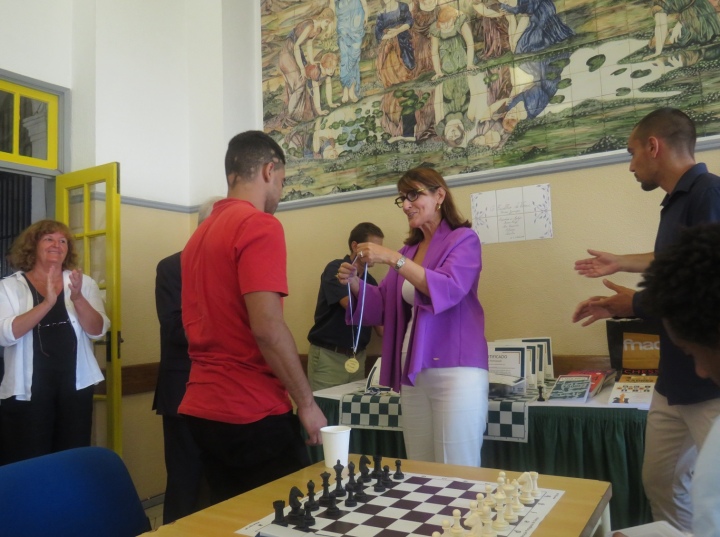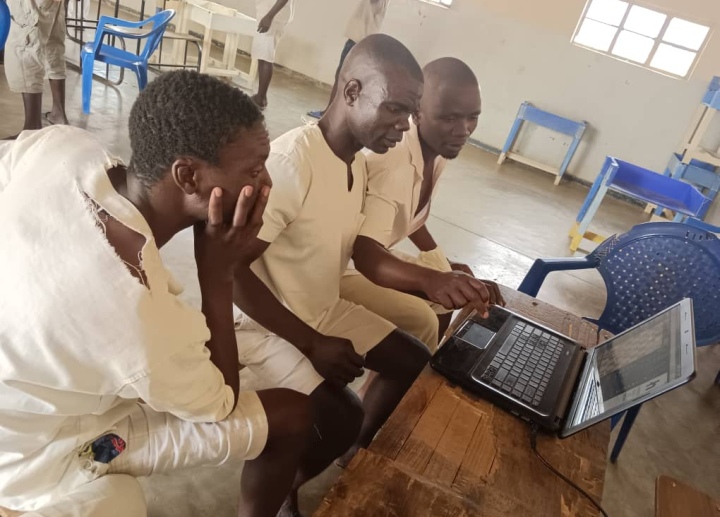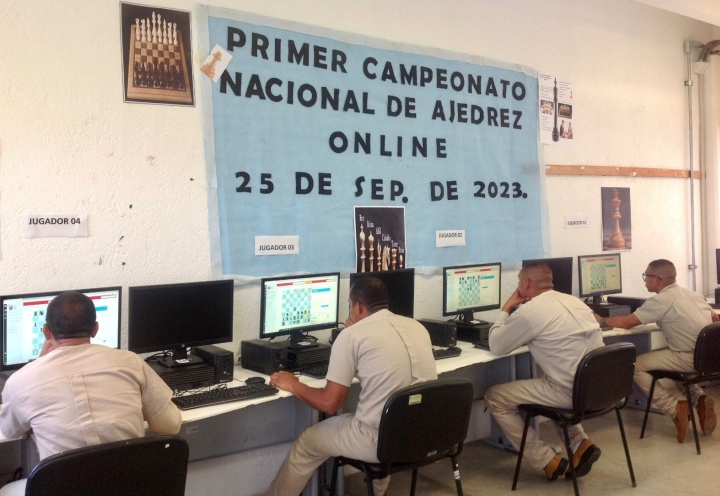Over 100 teams from 50 countries will take part in the 3rd Intercontinental Online Chess Championship for Prisoners, a three-day event that starts on October 11
The championship is a part of the Chess for Freedom Program, launched two years ago to promote chess as a tool for education and social inclusion in prisons worldwide.
The record number of participating teams and countries is a result of the continuous work by FIDE, the Cook County Sheriff’s Office, national chess federations, prison authorities and volunteers involved in promoting chess in prisons.
The Chess for Freedom Program has become an impetus for countries across the world to start including chess in educational programs and organize competitions within correctional facilities.
In some of them, national qualifiers are being held to determine the strongest male, female and youth teams that will be competing in the forthcoming intercontinental event.
A chess wave from Mexico to Malawi
The First National Online Chess Championship for prisoners recently took place in Mexico. Altogether, 142 prisoners from 15 teams competed in the event, organized by the National Chess Federation of Mexico in coordination with the Decentralized Administrative Body for Prevention and Social Readaptation. The top two teams in the Open section from the Federal Centers for Social Readaptation (CEFERESO) of Veracruz and Sonora, as well as the women’s team from CEFERESO No. 16 of Morelos, will represent Mexico in the upcoming Intercontinental Online Championship.
Portugal is another recent example, where the qualifying event was organized by the Lisbon Prison Establishment in partnership with the Portuguese Chess Federation and Nova Chess at the University of Nova Lisbon. The event was attended by the Minister of Justice Catarina Sarmento e Castro.

Smaller countries are also joining the project. Jersey, whose overall population is just over 100,000, will debut in the Intercontinental Championship. “Our prison is divided into four wings, and three of them have taken interest in playing chess occasionally. For a small prison with approximately 150 prisoners, this is not bad, as the uptake for many other courses reflects small numbers. Playing chess in the wings has become more serious as the international competition neared. We are now at the stage of the final internal competitions to decide the best four prisoners to represent us.
One of the prisoners who competed last year was crucial in organizing a team on his wing. The previous positive experience he shared with the rest of the team has been invaluable in persuading many to join. It has lifted up the spirits and revealed their competitive sides,”- says Sanja Koppen, Head of Education at the States of Jersey Prison Service.

In Malawi, the lineup of the Maula Prison team is already formed, and the players are having their last preparations before the event. They are trained by Susan Namangale, founder of Dadaz Chess Academy and the Global Head of The Gift of Chess. Launched a year ago, the Chess in Prison Program at Maula Prison is very popular among prisoners. “We are ready for the tournament and feel very motivated. We have good players and trained hard for the intercontinental tournament. Chess teaches us to think about our next move, not only on the board but in life as well,” says Steve Maruwo, a prisoner at Malawi’s Malua Prison and a participant of the upcoming intercontinental tournament.
The 3rd Intercontinental Online Chess Championship for Prisoners will be broadcast on the FIDE Youtube channel with live commentary by WGM Almira Skripchenko, IM Michael Rahal, and WGM Keti Tsatsalashvili. They will be joined by special guests – FIDE officials, government officers, members of the penitentiary administration and policymakers, who will share the best practices of introducing chess to inmates, as well as former convicts who will be talking about their own experiences and the positive impact of the game on prisoners.

